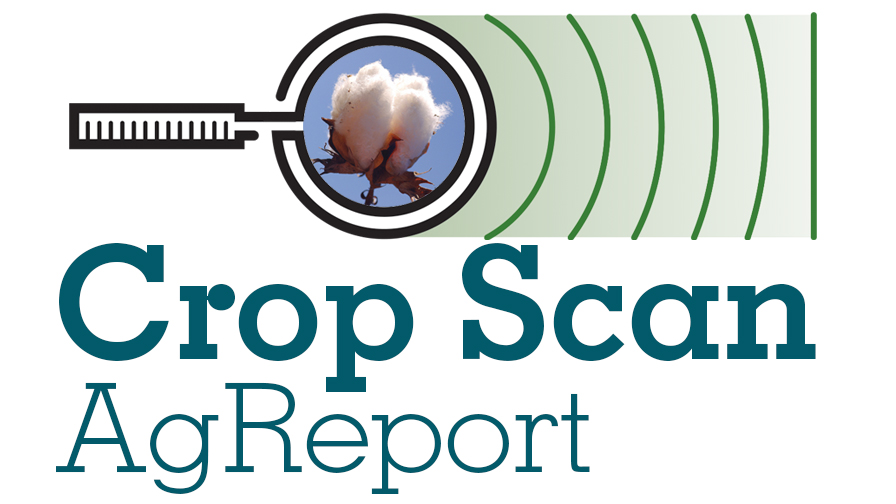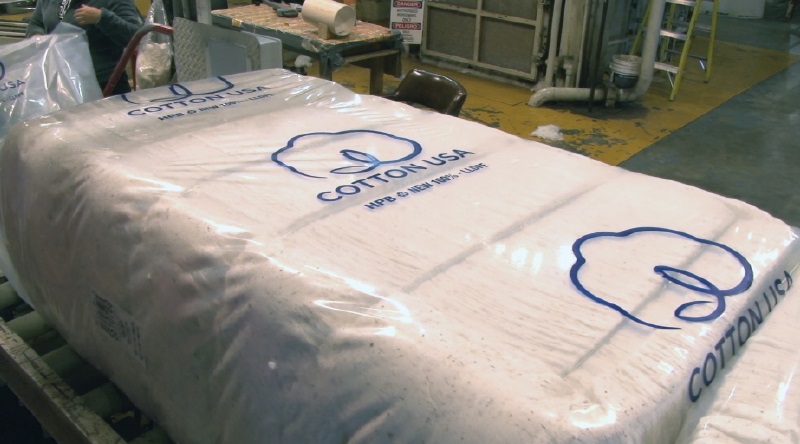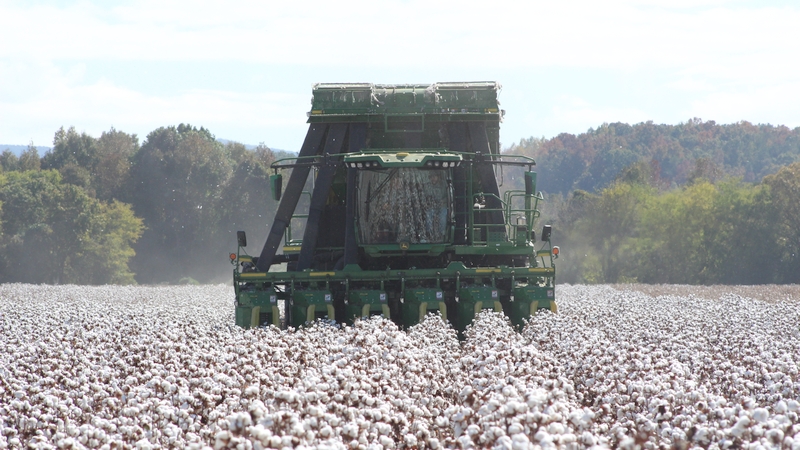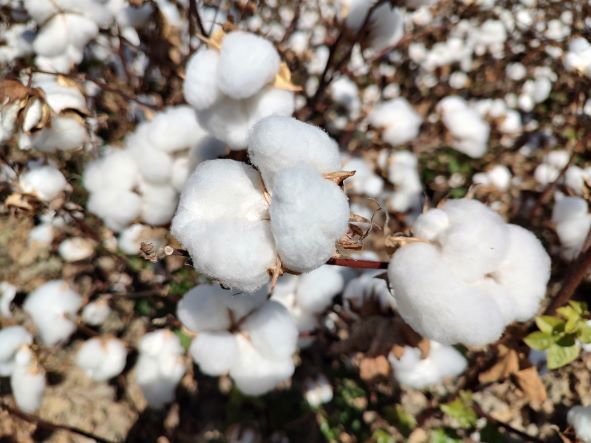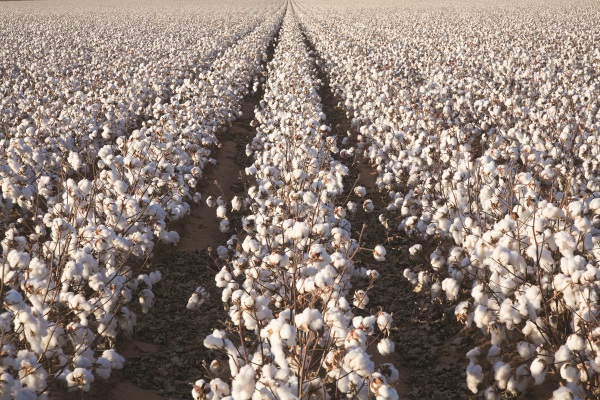Earl Sears Honored with Johnson Lifetime Achievement Award
The late Earl Sears, a former National Cotton Council executive vice president whose core belief was that “devotion to service is fundamental to success,” was honored with the 18th Oscar Johnston Lifetime Achievement Award during the National Cotton Council’s 2020 annual meeting in New Orleans.
The annual award, established in 1997, is named for Oscar Johnston, whose vision, genius and tireless efforts helped shape and organize the NCC. The award is presented posthumously to an individual who served the cotton industry, through the NCC, over a significant period of his or her active business career. The award also recognizes those who exerted a positive influence on the industry and who demonstrated character, integrity, perseverance and maturation during that service.
The award was presented by outgoing NCC Chairman Mike Tate to Sears’ widow, Gwen Sears; his son, David Sears; and his daughter, Kristi Goldsmith.
In two tenures with the NCC, Sears served the organization for more than 30 years. A native of Brownfield, TX, and graduate of Texas Tech University, he began his NCC career in Lamesa, TX, as a field representative in the High Plains. He quickly moved up to southwest area supervisor, transferred to Memphis and then Dallas, and was heavily involved in the formation of the Cotton Producers Institute, out of which grew Cotton Incorporated.
In 1965, he joined Hesston Corporation as product manager for its cotton equipment and later was named marketing manager for the firm’s complete line of farm equipment.
Sears returned to the NCC in 1971 and was named executive vice president seven years later. For the next 11 years, he oversaw a six-fold growth in NCC-managed programs. He helped move the industry forward whether it was advocating for innovative federal farm legislation like the marketing loan concept or pushing for expansion of international markets.
Other notable strides achieved under Sears’ helm were improved bale packaging; advancement of the National Boll Weevil Eradication Program; and growth of The Cotton Foundation’s research, education and communications programs.
Sears record was cited in 1989, when he became the third recipient of the Harry S. Baker Award, presented annually for distinguished service to the industry, and again in 1992 when he received the National Agri-Marketing Association’s National Award for Agricultural Excellence.
Tate noted that Sears’ 1989 retirement did not mean a loss of his talent to the industry, as he played a lead role in coordinating a special fund-raising effort that led the Cotton Foundation to purchase an office building now occupied by the NCC’s Washington. D.C. staff.
“With the debt on the building retired, rent paid by the Council accrues to the Cotton Foundation for use in industry research and education efforts,” Tate said.
Based on information provided by the National Cotton Council



